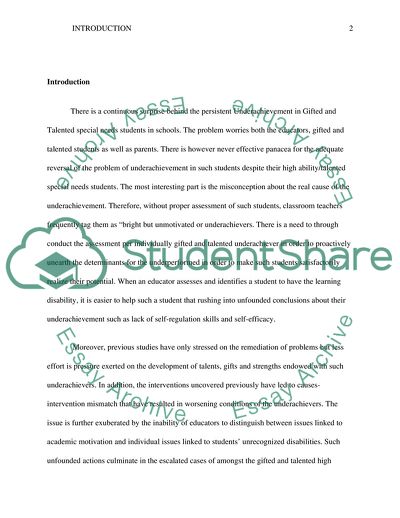Cite this document
(The Underachievement Research Proposal Example | Topics and Well Written Essays - 1250 words, n.d.)
The Underachievement Research Proposal Example | Topics and Well Written Essays - 1250 words. https://studentshare.org/education/1864660-write-the-introduction-section3
The Underachievement Research Proposal Example | Topics and Well Written Essays - 1250 words. https://studentshare.org/education/1864660-write-the-introduction-section3
(The Underachievement Research Proposal Example | Topics and Well Written Essays - 1250 Words)
The Underachievement Research Proposal Example | Topics and Well Written Essays - 1250 Words. https://studentshare.org/education/1864660-write-the-introduction-section3.
The Underachievement Research Proposal Example | Topics and Well Written Essays - 1250 Words. https://studentshare.org/education/1864660-write-the-introduction-section3.
“The Underachievement Research Proposal Example | Topics and Well Written Essays - 1250 Words”. https://studentshare.org/education/1864660-write-the-introduction-section3.


